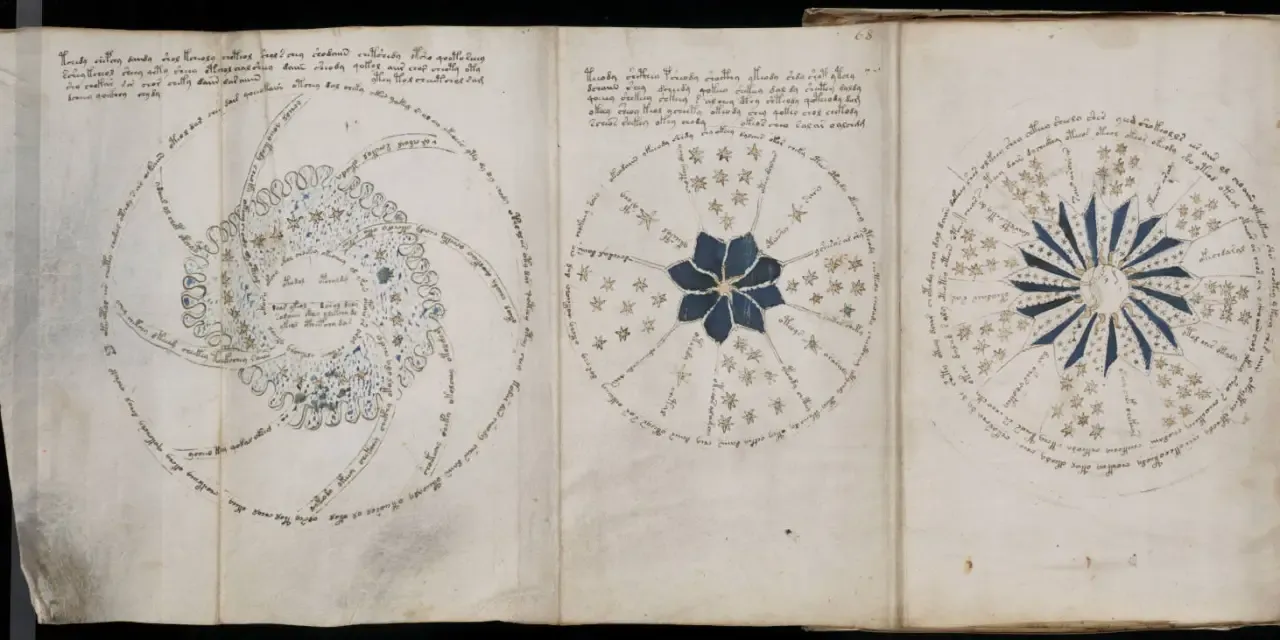Litblog Roundup 50

Litblog Roundup is a bi-weekly overview of topics, trends and highlights from the literary Internet. In this roundup: the politics of naming, a mysterious manuscript, adjectives and more.
Comprehending the Incomprehensible
A new book, published by Yale, is a facsimile of the mysterious and puzzling Voynich Manuscript. The Paris Review has commentary .
The Voynich Manuscript, an early fifteenth-century volume housed in Yale’s Beinecke library, looks at first like any such edition, with its loopy text and colorful illustrations. Yet as soon as you try reading the book, it resists. There’s no author, no title. It isn’t written in a foreign language; rather, this language is totally unknown. And while the illustrations appear to be plants or stars or baths, in fact they have no analogue in the known world. It’s as outside of genre as dancer Vaslav Nijinsky’s diary, and indeed it’s hard to shake the feeling that it was composed by someone descending into madness. Scholars have tried to decode it for centuries. Some have suggested it was written by the philosopher Roger Bacon, while others insist it must have been bestowed on humanity by aliens. More cynical thinkers believe that the manuscript is a hoax, probably created by medieval charlatans. But no matter how hard people search for answers, the book refuses to yield meaning—it’s totally incomprehensible.
Be Careful what you Call it
The current political situation in the United States has begun to develop a vocabulary. In the New Yorker, there’s a manifesto about how best to use that vocabulary , or to subvert it.
Now is the time to call things what they actually are, because language can illuminate truth as much as it can obfuscate it. Now is the time to forge new words. “Alt-right” is benign. “White-supremacist right” is more accurate. Now is the time to talk about what we are actually talking about. “Climate contrarian” obfuscates. “Climate-change denier” does not. And because climate change is scientific fact, not opinion, this matters.
An App for Adjectives
Adjectives are useful, vivid, flavorful, and interesting words that do the work of describing things for us. If you need some help to do the work of finding adjectives, there’s a new app for that. It’s a web app called “ Describing Words ”
Booksellers Becoming Publishers
Publishers Weekly reports about a growing trend: booksellers are becoming publishers .
Companies such as Doubleday and Scribner once led the way in combining bookselling and publishing. Now, a new generation of booksellers is getting in touch with its publishing side, including such booksellers-cum-publishers as Cleveland’s Guide to Kulchur, which publishes marginalized writers, and Las Vegas’s the Writer’s Block, which is about to launch a literary journal. “Most bookstores do something else, greeting cards or a café,” said Tom Holbrook, owner of RiverRun Bookstore in New Hampshire, who launched Piscataqua Press out of the bookstore in the fall of 2012. At the time, the store had 200 books on consignment, most published through Amazon’s CreateSpace. “Many of these books looked terrible,” said Holbrook, whose goal is to make money and keep local authors from getting ripped off.